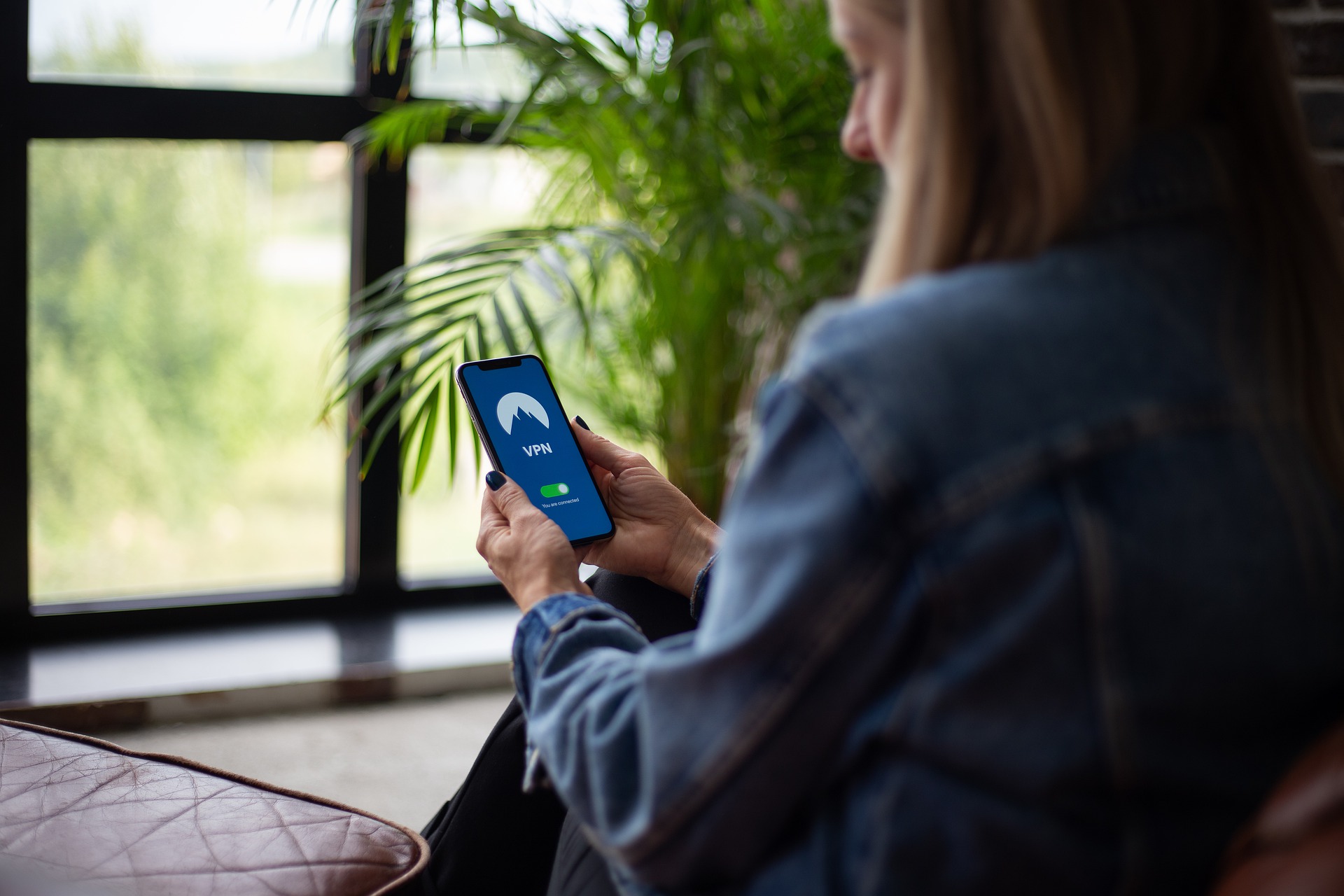These days, it is not only big business that needs to be concerned about protecting their data.
And while as a business owner you may not worry about your employees utilizing VPNs on their personal devices, it is more important than you think. Many cyber criminals gain entry into a targeted network by infiltrating an employee’s email or other account. Therefore if your employees have the ability to access your network remotely from a personal device – as most do in this day and age – you should be sure that their data is as protected as possible.
Public wi-fi networks make it much easier for other people to access your data. VPNs provide a greater level of protection. But what type of VPNS are the most commonly utilized for this purpose?
Defining VPNs
A virtual private network (VPN) allows the user to utilize a public network by providing the security of a private network. Users can send and receive data more safely on public networks, and benefit from the functionality, security, encryption and management usually reserved for a private network.
A VPN constructs a private connection between a personal device and the public internet. Data is encrypted as it travels through the connection, maintaining a wall of protection between your personal data and ISPs, government surveillance, hackers, and other criminal enterprises. There are two main types of VPNs.
What is the Difference Between a VPN and a Firewall?
Firewalls check data packets going in and out of a network or computer, as well as protect you from viruses, ransomware and other online threats. VPNs utilize tunnel encryption to safeguard your data as it travels between servers, rendering it more difficult for those threats to find a way into your network.
Remote Access VPN
The most popular kind of VPNs are of the remote access variety. Users are connected to a remote server located in another location, whether across the country or even in another country altogether. Remote access VPNs permit the user to utilize the internet by browsing their own network. The data is encrypted before it either is sent or received from your device.
With a remote access VPN, a user can use the Internet with privacy and protect their data from curious or prying eyes which may be spying on public networks. Although most often used for personal (not corporate) applications, any level of protection is better than none. After all criminals most often attack an easy or vulnerable target.
Did You Know? VPNs change individual IP addresses and geolocation, meaning that your location and device is untraceable.
Site-to-Site VPNs
Site-to-site VPNs operate differently than remote access VPNs. Essentially, they permit organizations with multiple locations to establish safe and secure connections between each other over the web.
By utilizing a site-to-site VPN, it is possible for multiple remote locations to share resources, data and information with each another. This VPN accommodates large business organizations which need private communications between offices. However, unlike VPNs installed on a personal device with a software download, site-to-site VPNS require highly specialized technology to implement. Site-to-site VPNs are either intranet or extranet based.
Most organizations would benefit from installing personal VPNs on their employee devices which leave the premises; as well as establishing a site=to-site VPN for their company-owned equipment.
At Alliance ITAlliance ITAlliance IT, we are dedicated to your privacy and online safety. Whether you have two employees or a large corporation, we can help you to set up the appropriate VPN for your situation.

